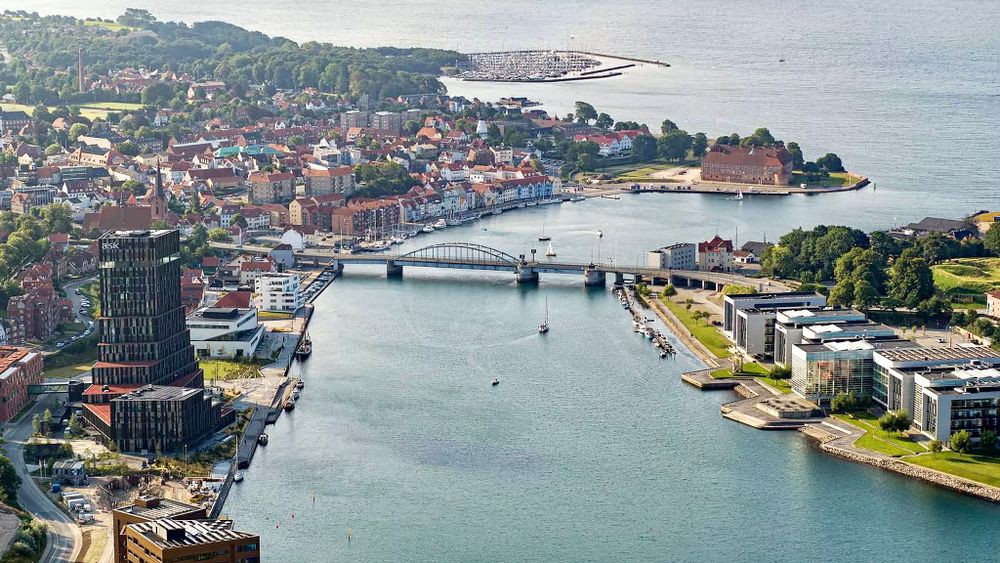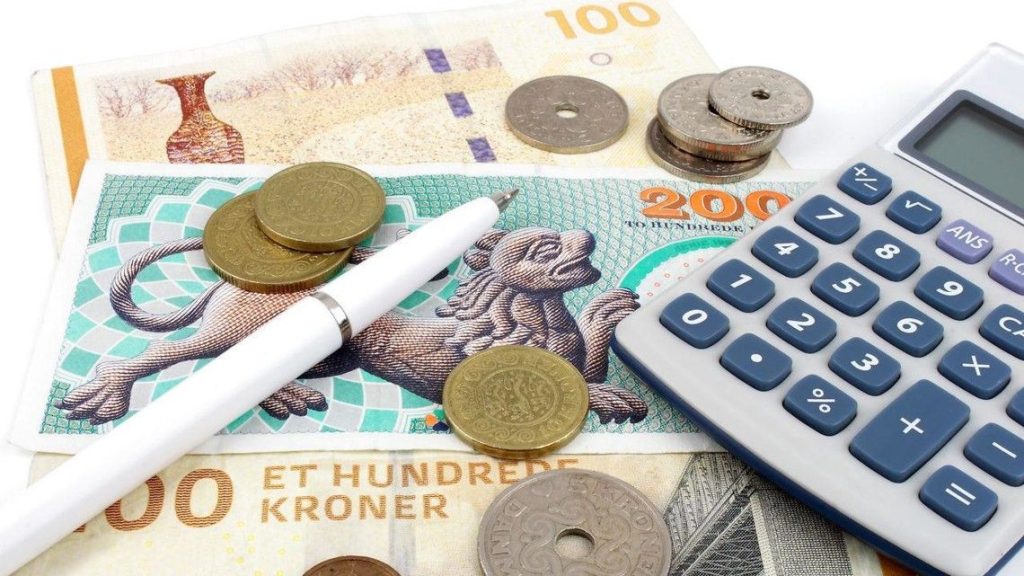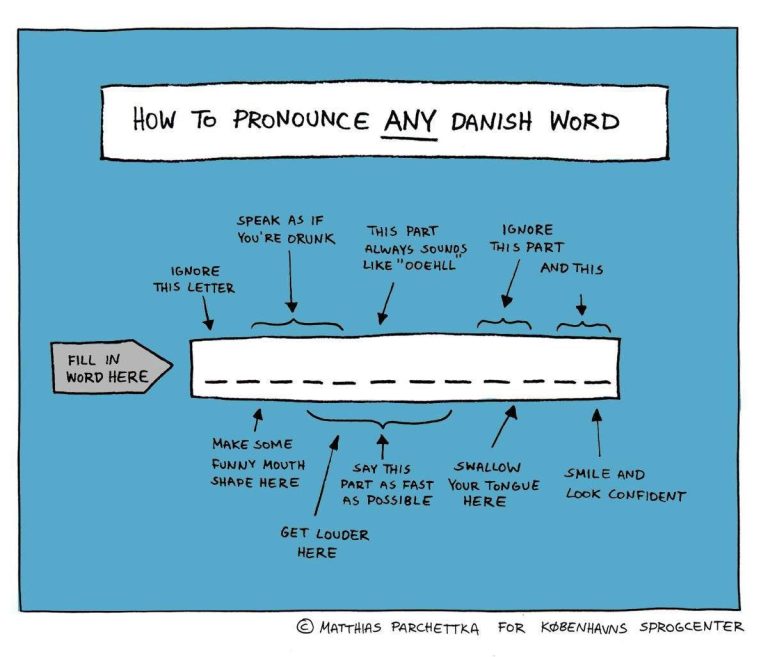I was only 18 years old when I moved from Lebanon to Denmark back in 2004 to study Mechatronics engineering. Now 17 years after, I would like to share with you some of the things which were surprising to me, and I didn’t know about beforehand.
1. Danish Language is Very Difficult to Learn
The danish language, according to most foreigners, is a challenging language to learn. One can ask the question whether it is the language which is difficult or it is because foreigners haven’t been trying hard enough to learn it? In my experience, it is a combination of both.
As I am originally from Lebanon, I am french educated and have always practiced both Arabic and the French language in school from 1st class until the end of high school. While the Arabic language has just three vowels, the danish language has at least 24 different vowel sounds. Spanish, for instance, has five vowel sounds, and german has 14 different vowel sounds. The fact is that for most foreigners or newcomers to Denmark, these vowels are close to indistinguishable. It is so indistinguishable that even linguists are not able to agree on precisely how many there are.
Another hurdle in mastering the danish language is the fact that Danes will have a hard time understanding foreigners speaking danish if their accent is off or if they mispronounced a phrase or missed a word in the sentence. English, on the other hand, is still a very understandable language even if the speaker has a rugged accent.
From my experience, the danish language is tough to learn from books and language schools. It is not impossible, but it takes a very long time to learn and master. Even after 17 years of living in Denmark, I still haven’t mastered the danish language completely.
Practicing danish with Danes is not easy; Danes are good at English, and as soon as they notice a foreign accent or have difficulties understanding their danish language, they will switch back to English. You can politely change back to Danish and try to formulate your sentence in a different way to keep the conversation flowing in danish.
My best advice for you if you want to master the Danish language is to push yourself out of your comfort zone and start using the danish language in everyday small talks, whether at work, school, supermarket, or restaurants.
2. Most Danes in the Area Where I Lived Will Greet You and Smile at You When Passing By

When I moved to Denmark, I have been living in a city called Sønderborg. The city is not so big, yet not too small, and has a population of about 27.702 as of January 2021. I loved this city. My dormitory room was so close to both the sea and the forest in this city, and I used to take a lot of long walks in the nature almost on a daily basis.
One thing that struck me was that almost always, whenever I pass by Danes in the forest or the streets, they will smile and greet with their famous greeting in the southern area of Denmark, “Mojn.”
It might be such a small thing, but this smile from people on the streets has always transmitted so much positive energy that I decided to adopt this habit. So since the first year for me in Denmark, I would always smile whenever a person is passing by and say hello. It reminds me constantly that we are all humans, and everyone can use a smile in their day.
3. Making Danish Friends Is Really Difficult

Common amongst newcomers to Denmark is that they all feel that making danish friends is not easy. Many surveys and studies show that most expats and foreigners living in Denmark think it is challenging for them to make Danish friends. It is also one of the main reasons why many internationals choose to leave the country.
Danes are, in fact, very good friends. Their friendship is usually solid, highly reliable, and deep-rooted. You can always count on a danish friend being there for you. This is arguably also the main reason it is challenging to make danish friends. Danes takes friendship so seriously that they keep the total number of their friends under control. They don’t want to take on more friends than they can keep their deep commitment to.
Based on my experience, it is easier to make friends with a Dane who recently moved to the city where you live. Danes who are living in the same area they grew up in are very difficult to make friends with mainly because they would always be busy with their family and their old school friends.
Another good option is to join an association. That is how many Danes make friends. However, be prepared to find an association in which you are interested (Many associations are centered around sports), and be prepared that associations will be holding their events and parties in Danish.
4. Danish Tax Is Really High

Denmark is one of the most expensive places in the world. Residents in Denmark pay multiple taxes to the state and municipality, which is, on average, 45% of their income. Denmark is having the highest shares of taxes related to income and wealth, at 28,9% of GDP in 2019.
The most surprising part for me was that most Danes are very accepting of paying such high taxes on their income and wealth. While there are many reasons and possible explanations as to why that is, I think the main reason for this acceptance is how the welfare system is structured and working in Denmark. The state is well committed to providing a good and quality life to its people, which leads to Danes knowing that the collected taxes are being spent on valuable things.
The Danish welfare system provides many benefits to Danes. To name few:
- Education: Denmark has an enviable education system in which tuition is free — including at university.
- Student grants: Not only is the education free, but each university student can get a student grant of approximately 900$ per month from the state.
- Health care: Denmark’s health law ensures access to free and equal healthcare for all residents in Denmark.
- Pensions and elderly care: When citizens reach the retirement age, the welfare state provides them with a generous pension. As well as this, those who don’t have an additional retirement or any other income also receive additional benefits such as lower prices for medicine and lower tax rates.
5. Days Can Get Really Long during Summer Time and Really Short during Winter Time

Another thing that surprised me quite a lot after I moved to Denmark was that days could get long during summertime (The longest day is on June 21st — 17 hours 40 minutes). Days will, on the other hand, get short during the wintertime (the Shortest day is on December 21st — 7 hours only).
If a person wants to watch the sunrise, for example, on the longest days of the year, one has to get up at 4:30 approximately. I got used to the long days during summer, but still suffer when it comes to winter as it feels like it is always dark.
Final Words
I have been surprised by many things since I moved to Denmark (mainly positively surprised). The longer I stayed in Denmark, the more I loved this country. It is a country I can truly call my home now. I hope my post and story have raised your interest in reading more about Denmark and visiting this wonderful country sometime soon.













Subscribe to My Newsletter
Get exclusive tips and news that I only share with my e-mail subscribers
You have Successfully Subscribed!